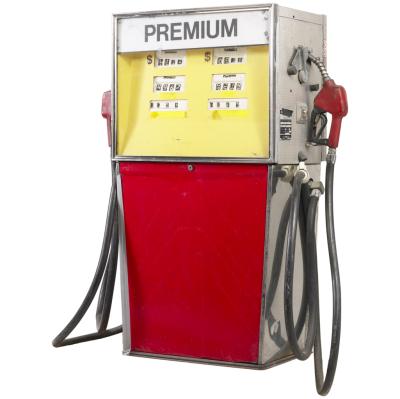
Normal day-to-day operation of a motor vehicle can leave the engine and its many components clogged with residue and buildup. Though carbon accumulation on spark plugs and other engine areas can inhibit the vehicle’s performance and even lead to expensive repairs, a number of fuel additives can quickly and efficiently remove this buildup and restore performance.
When a driver operates a car or truck, fuel travels into a combustion chamber in the engine where electrical flashes from spark plugs cause ignition. The burning fuel propels the engine, but the combustion produces a number of byproducts. Many of these byproducts escape through the vehicle’s exhaust pipe and vent to the atmosphere, according to the engine additive manufacturer Sea Foam. Small particles of carbon, a natural product of combustion, remain in the engine and coat surfaces such as cylinders and pistons. Over time, these small amounts of carbon accumulate into a layer that can inhibit engine performance. According to Sea Foam, fuel additives work by giving the fuel an abrasive texture that scrubs the coated surfaces or by altering the fuel’s composition in a way that allows it to dissolve the varnish that holds carbon buildup together.
Manufacturers offer a number of gasoline additives designed to remove carbon buildup from engine surfaces. Gasoline that drivers purchase from chain fueling stations often feature hydrocarbon solvents such as Shellsol, N-Butyl alcohol and 2-Butoxyethanol, according to the automotive accessory website Fuel Testers. Some other additives that gasoline chains may also mix into their products include fuel system cleaners such as isopropanol alcohol, methanol and diacetone alcohol. The automotive website AA 1 Car notes that other additives include polysibutylamine, polyisbutylene succinimide and polyisobutylene phenylamine.
Though oil companies routinely mix fuel system cleaners and carbon solvents into their gasoline products, drivers may consider commercially available additives that increase carbon cleaning capabilities. AA 1 Car notes that these retail additives, designed for use as a supplement to the detergents already mixed into gasoline from a pump, often contain the same chemicals that oil companies add to their gas. These supplements simply increase the concentration of detergent or solvent in the vehicle’s fuel.
Fuel Testers notes that gasoline often contains hundreds of chemicals intended to increase vehicle performance and clean carbon buildup from drivers’ engines. The website goes on to explain that retail additives and fuel treatment products often do not serve their intended purpose, as the solvents already in gasoline effectively remove carbon buildup. AA 1 Car notes, too, that drivers who suspect carbon buildup may benefit from purchasing premium fuel, because premium gas often contains higher levels of detergents and solvents.